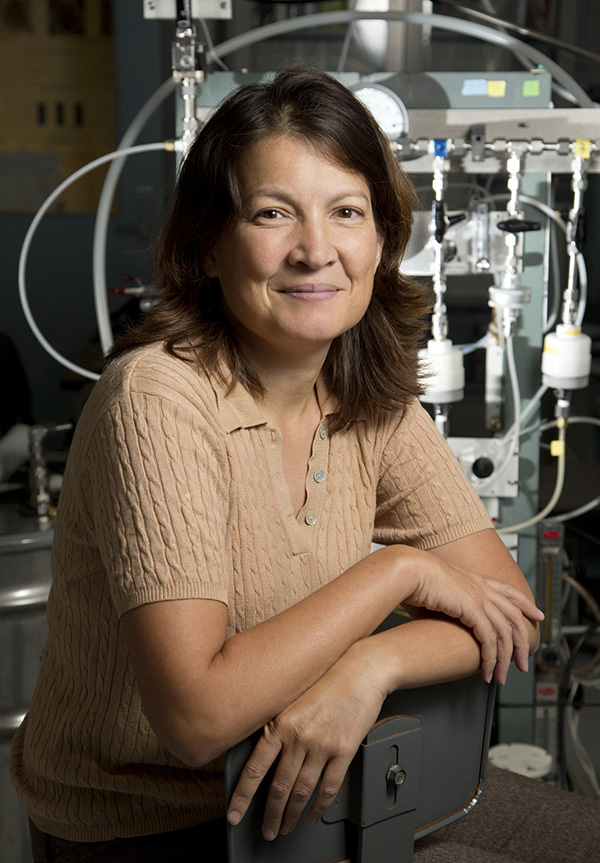Tami C. Bond — Lecture
| Event Date: | March 5, 2020 |
|---|---|
| Speaker: | Tami C. Bond | Colorado State University, Walter Scott, Jr. Presidential Chair in Energy, Environment and Health |
| Speaker Affiliation: | Colorado State University |
| Sponsor: | Environmental and Ecological Engineering and the Lyles School of Civil Engineering |
| Time: | 10:30-11:30 a.m. |
| Location: | ARMS Atrium |
| Contact Name: | Maria Longoria-Littleton |
| Contact Phone: | +1 765 49-40015 |
| Contact Email: | mlongori@purdue.edu |
| Priority: | Yes |
| School or Program: | College of Engineering |
| College Calendar: | Show |
From Hearth to Heavens and Home Again
 Abstract
Abstract
This talk follows the evolution of my thinking over the last 25 years. I was trained as an engineer and physical scientist, studying the tiny particles known to atmospheric scientists as “black carbon.” These particles are an essential link between the fire that defines humanity and the response of the Earth system to industrial activity. Black carbon has strong and rapid effects on the Earth’s radiative budget, and this fact has led to high-level policy recommendations to reduce emissions. Addressing short-lived climate agents like black carbon cannot substitute for reductions in greenhouse gases, but for some sources, the climate effects are of similar magnitude; a comprehensive treatment of climate mitigation would include all effluents. Black carbon interacts with the Earth’s radiative budget in many ways, so quantifying the Earth system response is a challenge. That difficulty is matched by the complexity of minimizing emissions, which are rooted in combustion instability, human practice and infrastructure. The apparently simple task of reducing short-lived climate forcers demands attention to human-scale energy services and large-scale provisioning systems. This shift in focus from purely physical climate effects might turn aspirations to addressing the causes of vulnerability among the populations we wish to benefit. Emissions came from fire (hearth), but to benefit the Earth system (heavens), we’ll have go home.
Biography
Tami Bond’s research has followed a thread from combustion, to atmospheric chemistry and climate, to technology change and future scenarios, to the intimate relationship between technology and human choice. Her research group has spanned considerations as small as a particle’s skin and as large as a national transportation system in the quest to characterize the dance between humans, their energy use, and the atmosphere and climate. Dr. Bond first earned two degrees in mechanical engineering before succumbing to an interdisciplinary Ph.D. and pursuing a NOAA Climate and Global Change post-doc. After 16 years as a faculty member in Civil and Environmental Engineering at the University of Illinois at Urbana-Champaign and a short stint as a Leverhulme Visiting Professor at the University of Leeds, she was recently appointed as the Walter Scott, Jr. Presidential Chair in Energy, Environment and Health at Colorado State University. She is a Fellow of the American Geophysical Union and a 2014 John D. and Catherine T. MacArthur Fellow.
Watch Lecture
Watch Panel
